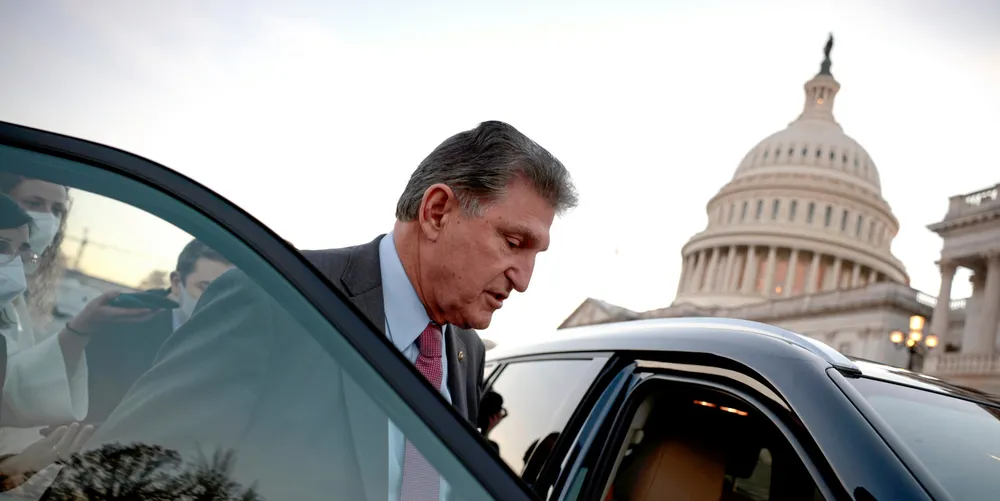'I just can't vote with it': fury as Democrat senator spikes Biden's $2trn flagship climate bill
ANALYSIS | White House claims broken promises after Joe Manchin vows to oppose Build Back Better legislation that planned massive clean energy investments
